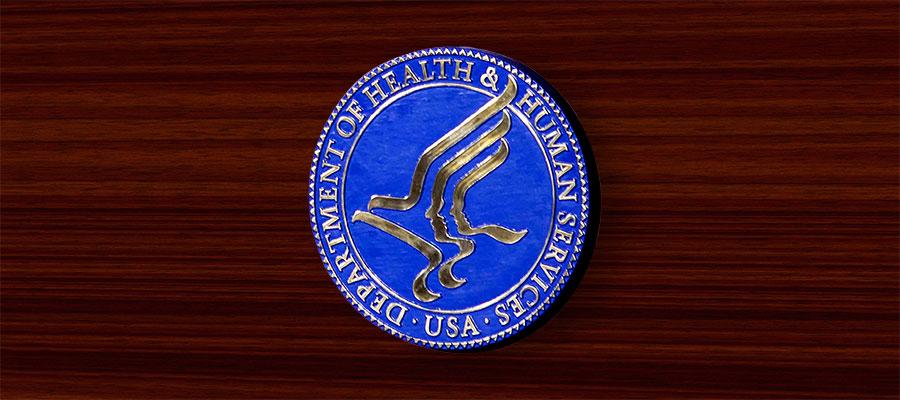Departments allow grandfathered health plans to increase enrollee costs

The Departments of Health and Human Services, Labor, and Treasury today finalized a rule allowing grandfathered health plans to increase enrollees’ premiums and cost-sharing amounts beyond what is currently allowed.
The rule specifically allows grandfathered high-deductible health plans to increase cost-sharing amounts in order to remain a high-deductible health plan, without losing their grandfathered plan status. It also revises the definition of “maximum percentage increase” to include an alternative method of calculating that amount, which allows higher premiums and cost-sharing amounts for grandfathered plans in the group market.
The rule takes effect 30 days after its publication in the Dec. 15 Federal Register.
AHA had urged the departments not to finalize the rule, expressing concern that these plans financially burden patients and may lead to patients avoiding necessary care.
“At a time when access to health care is more critical than ever, we urge the departments not to finalize this rule, which could decrease patients’ health care coverage” and undermine the financial stability of the hospitals and health systems that serve them, AHA wrote.

